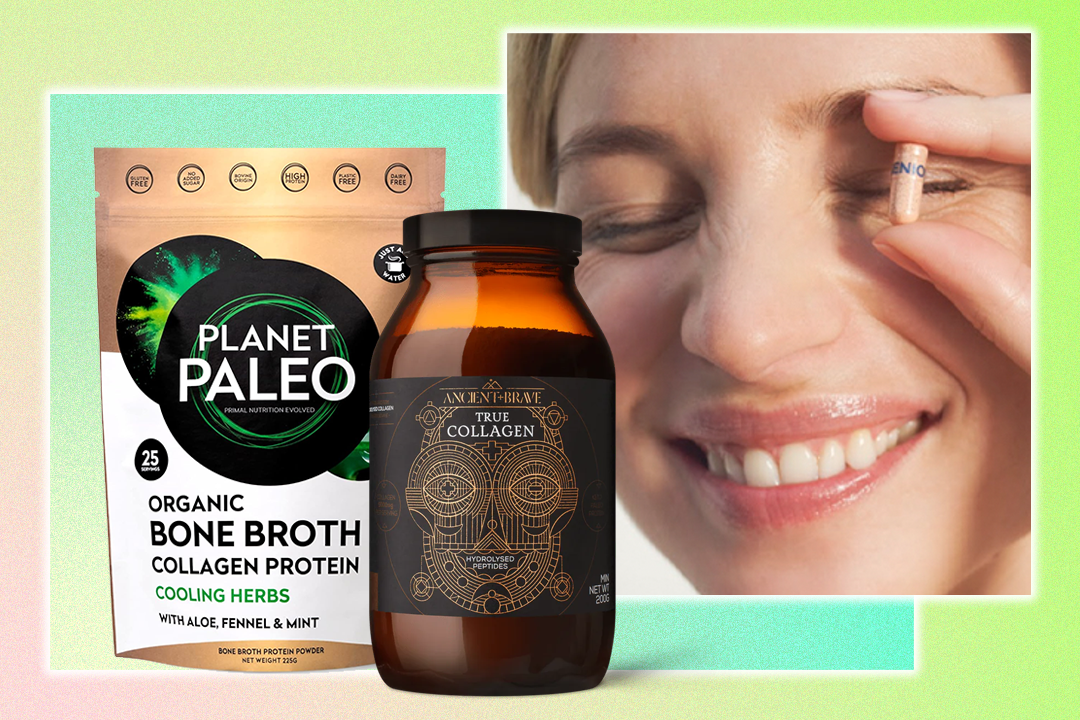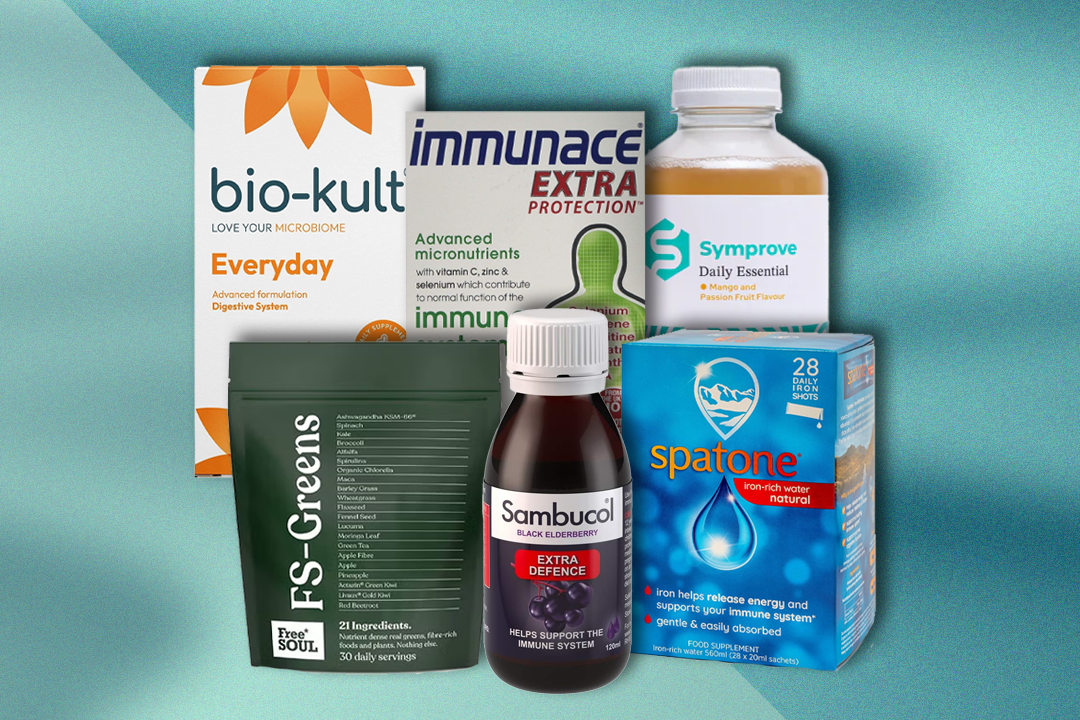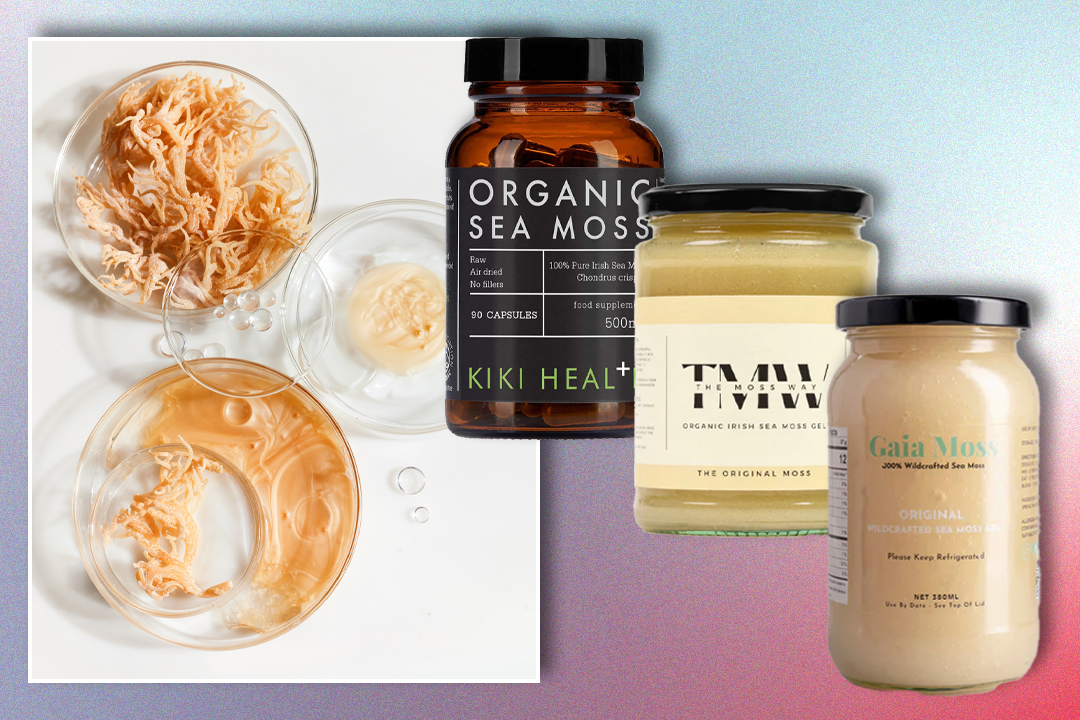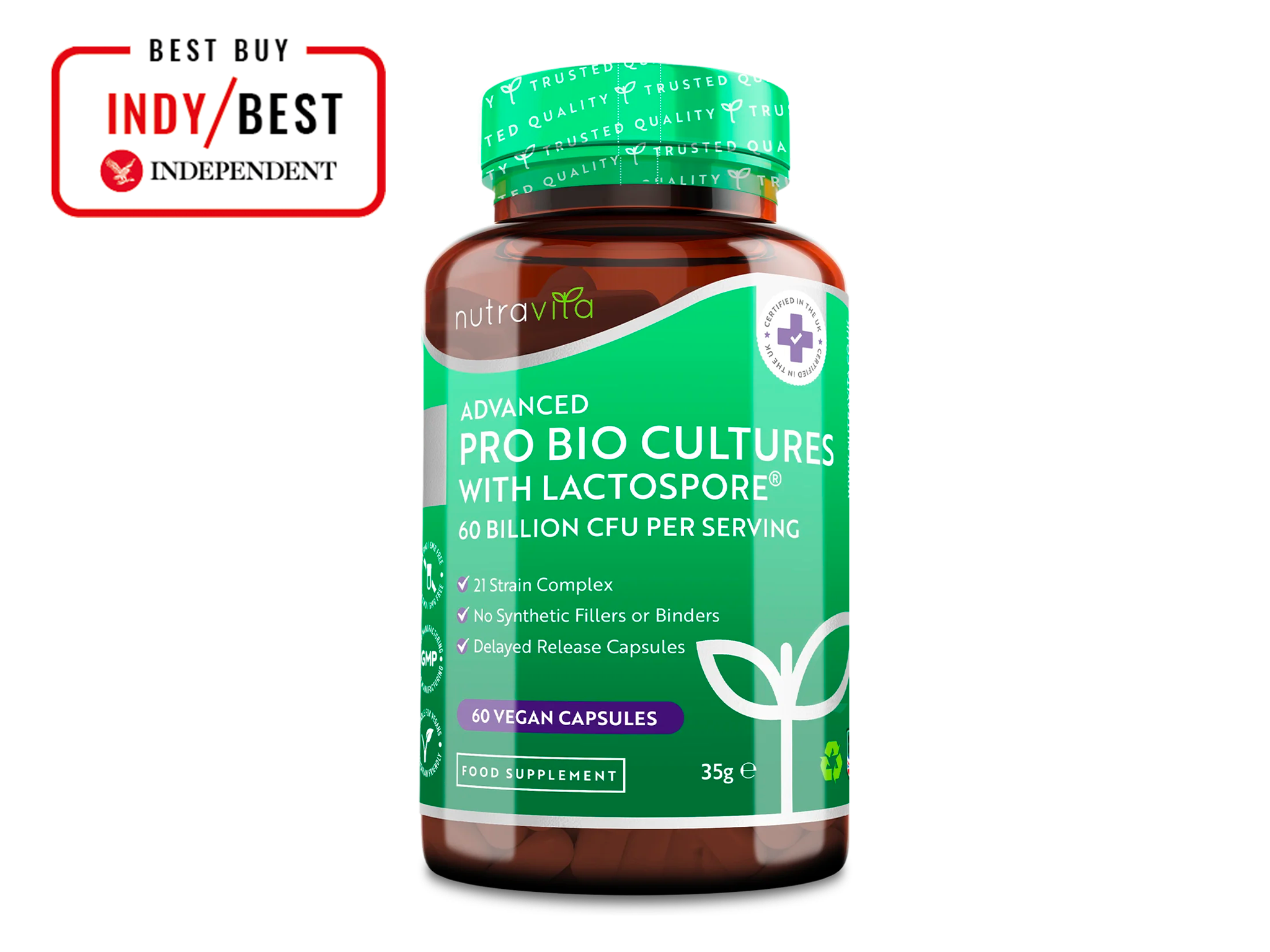
The Independent's journalism is supported by our readers. When you purchase through links on our site, we may earn commission. Why trust us?
15 best probiotics to help improve gut health
Maintain good bacteria, boost your immune system and reduce bloating with these options
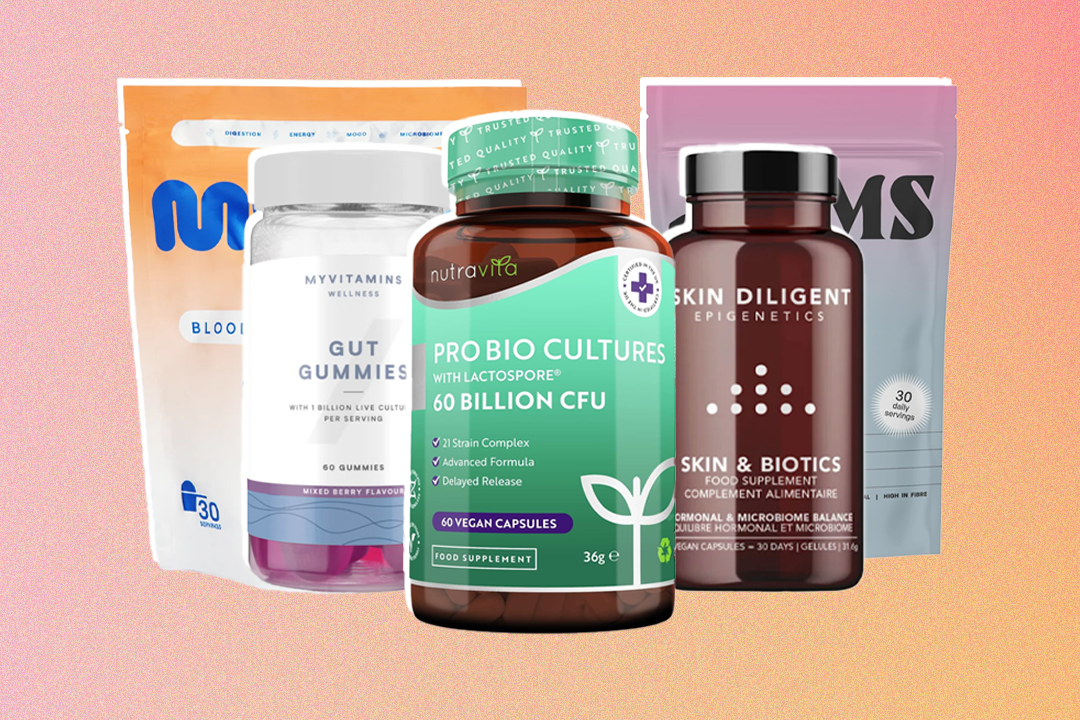
 Best probiotic supplement overallNutravita 60 billion CFU pro bio cultures complex, 60 capsulesRead review£18
Best probiotic supplement overallNutravita 60 billion CFU pro bio cultures complex, 60 capsulesRead review£18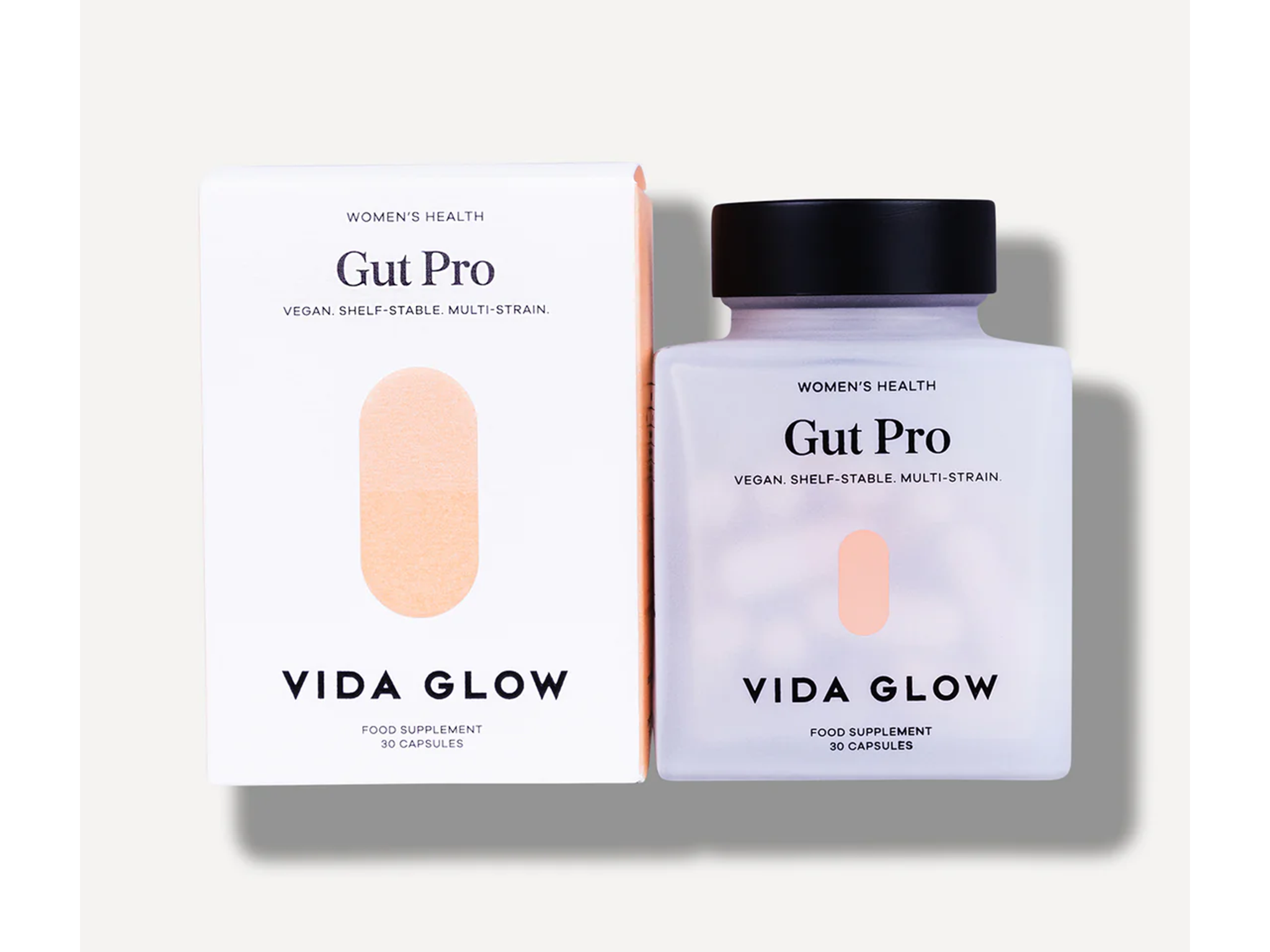
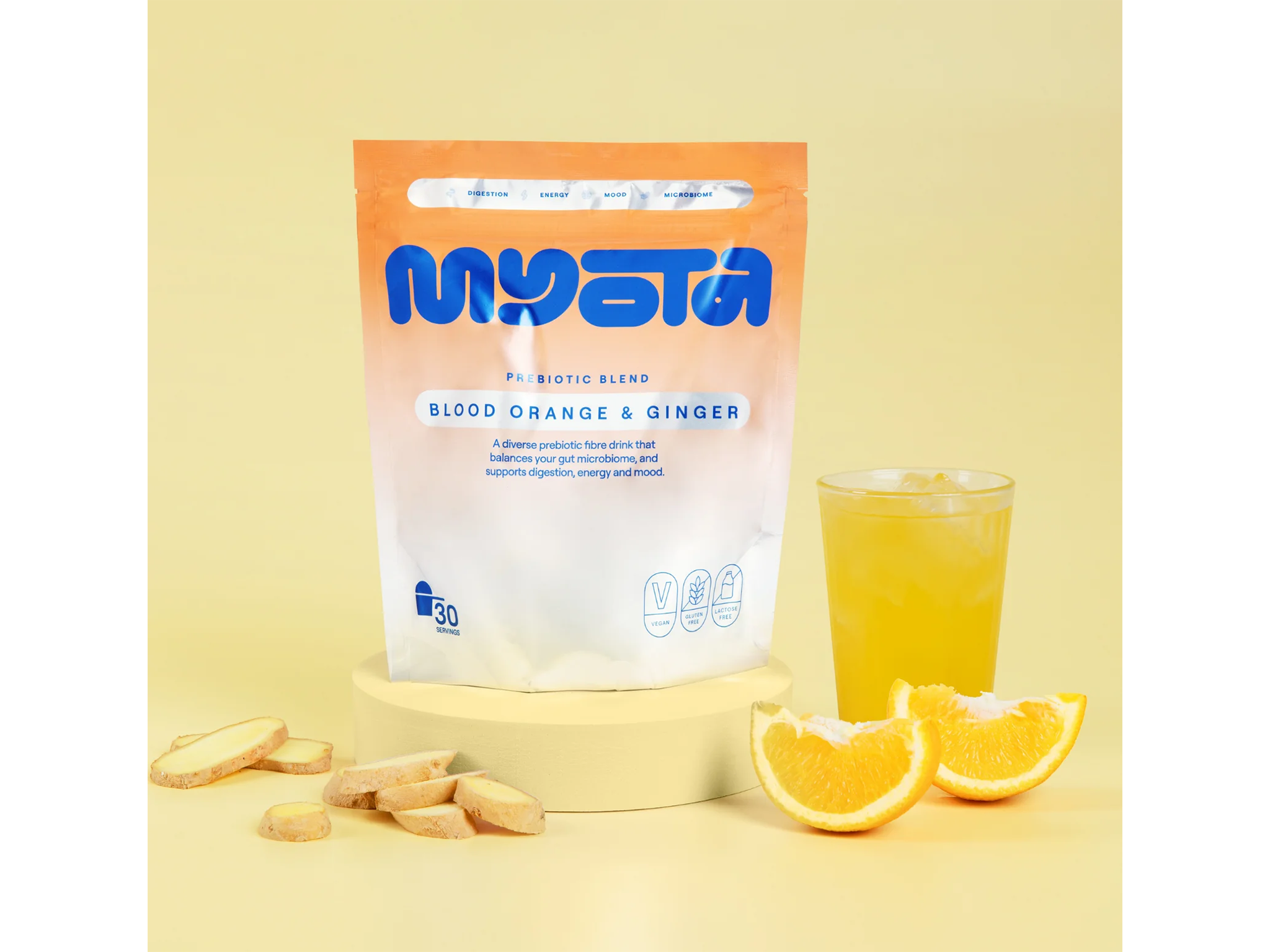
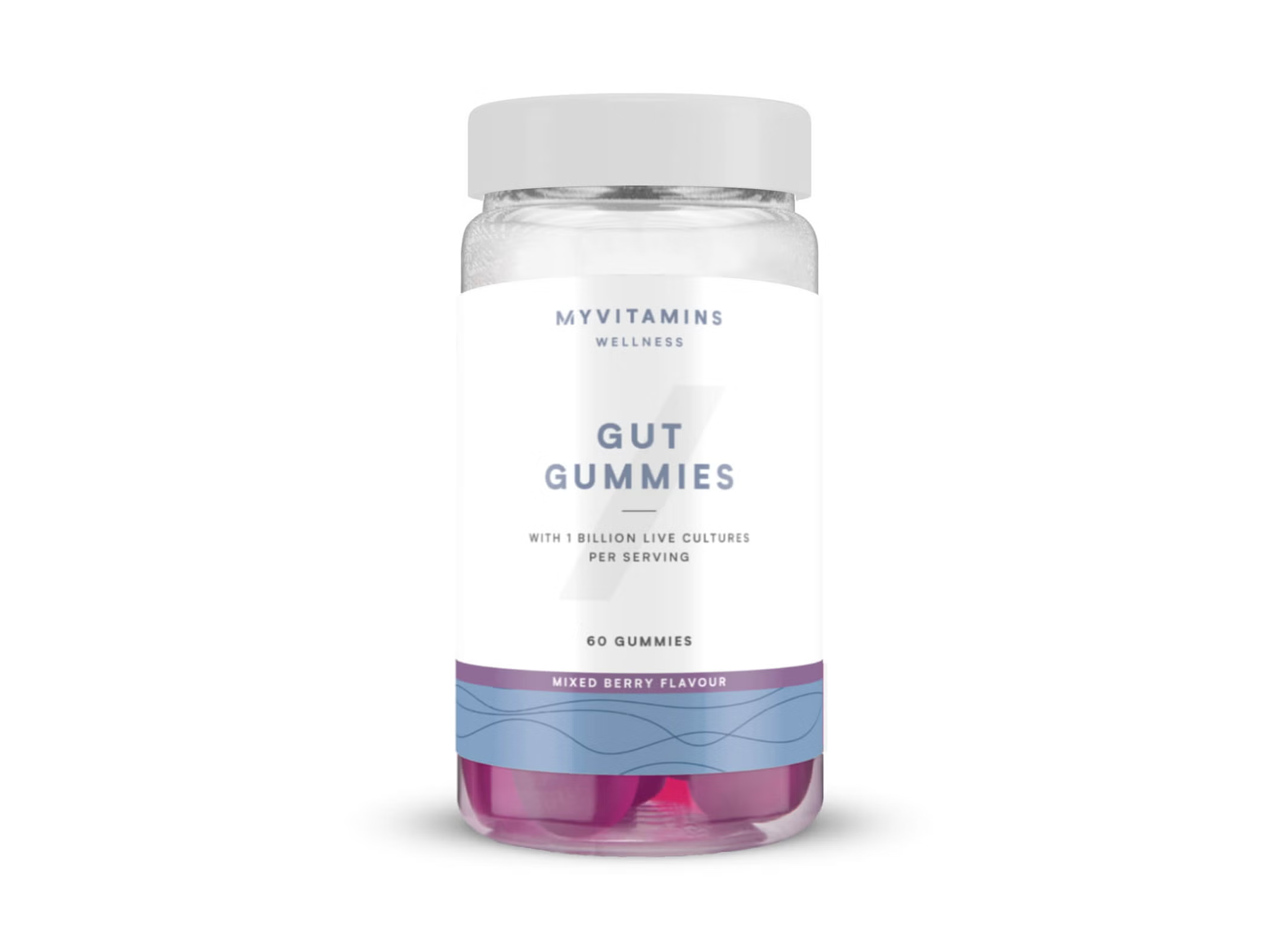
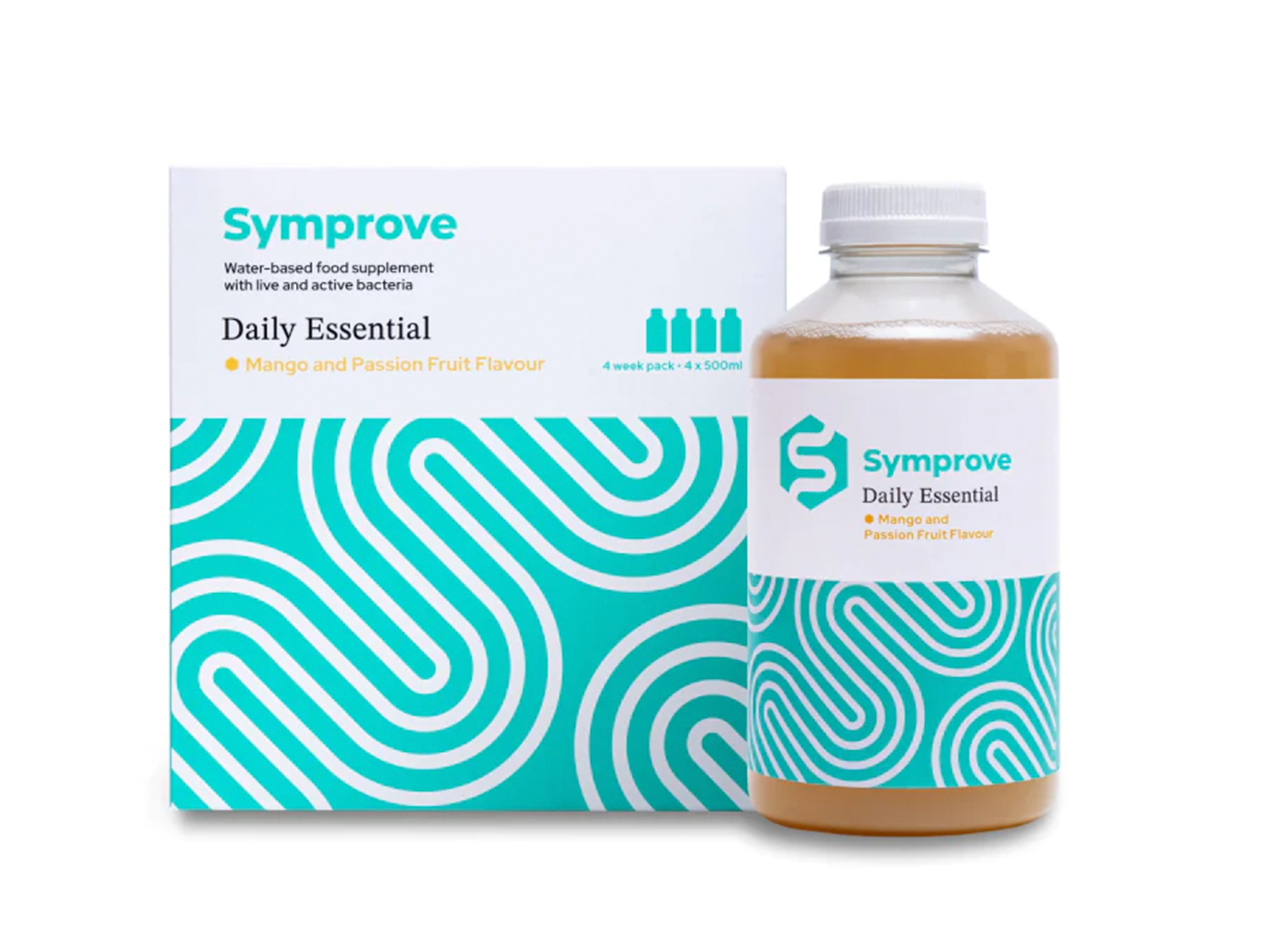
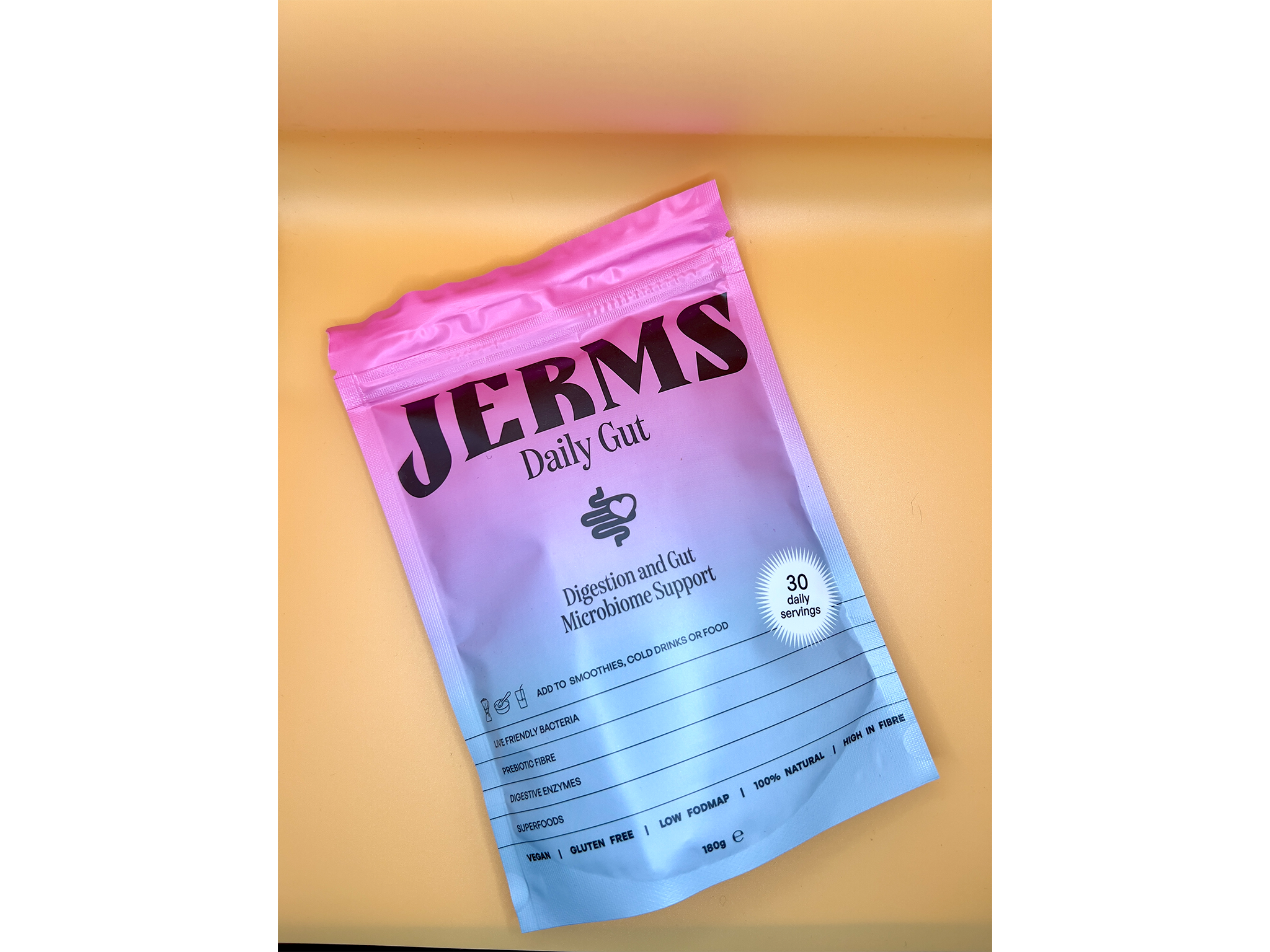
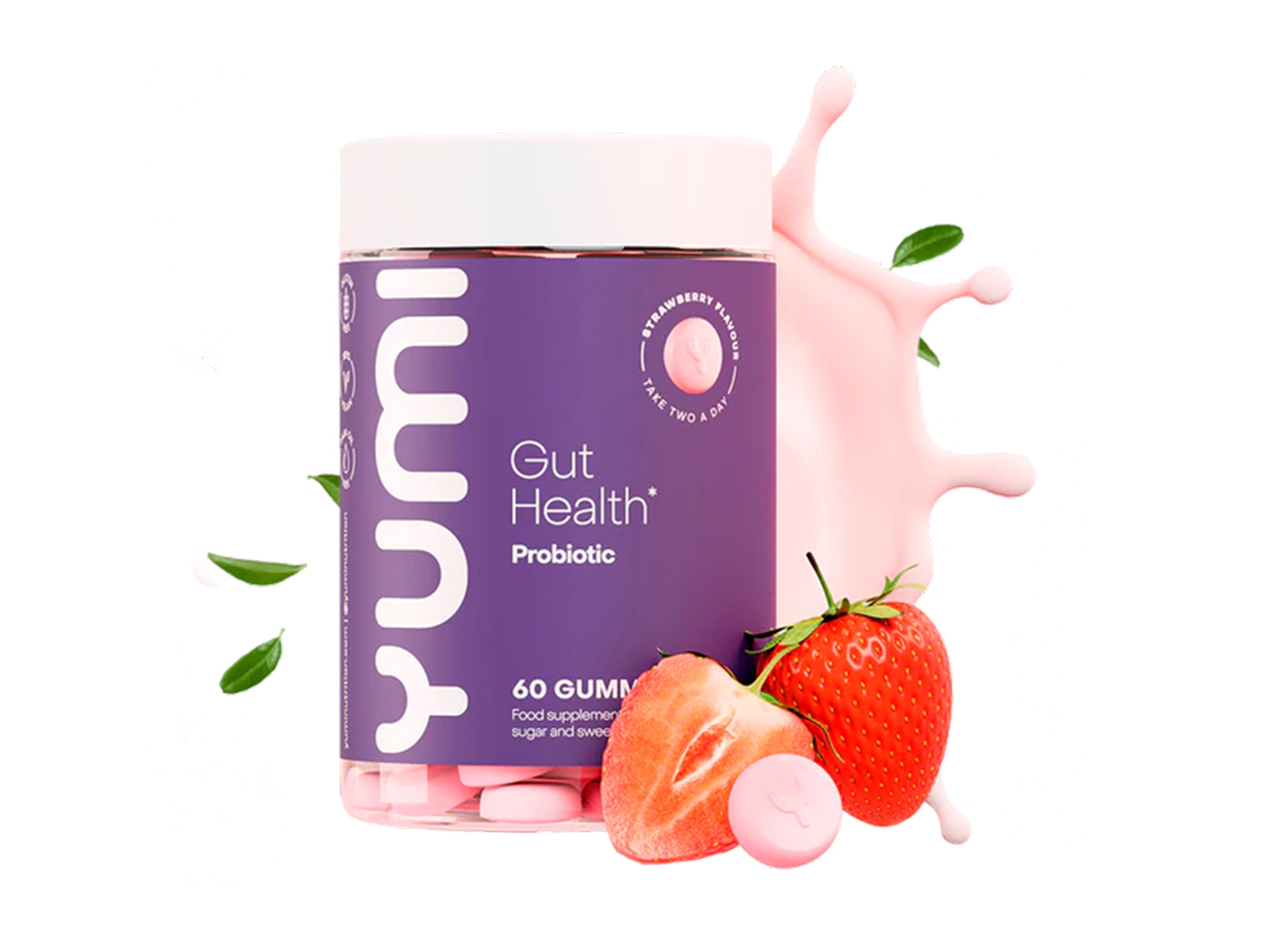
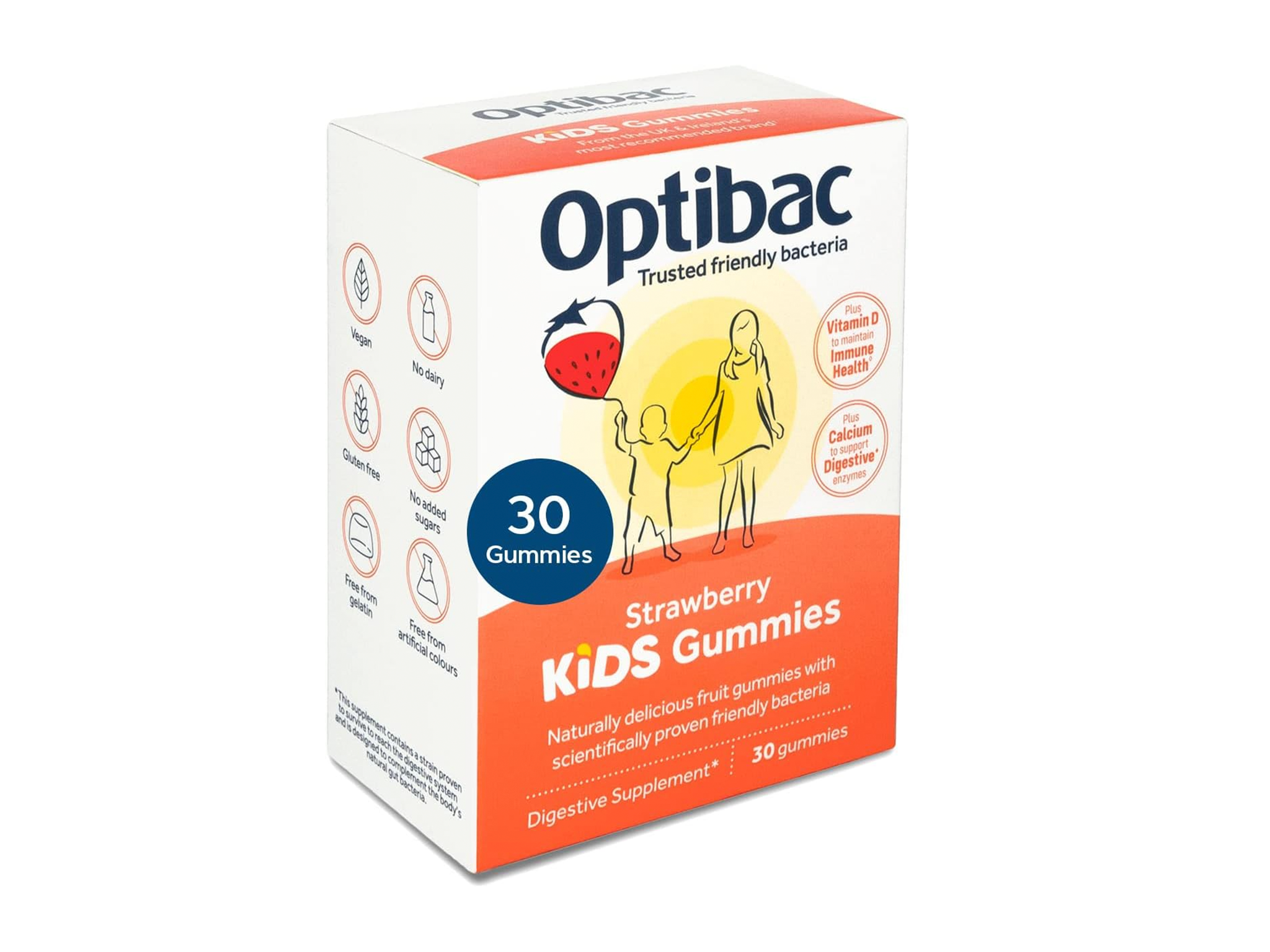

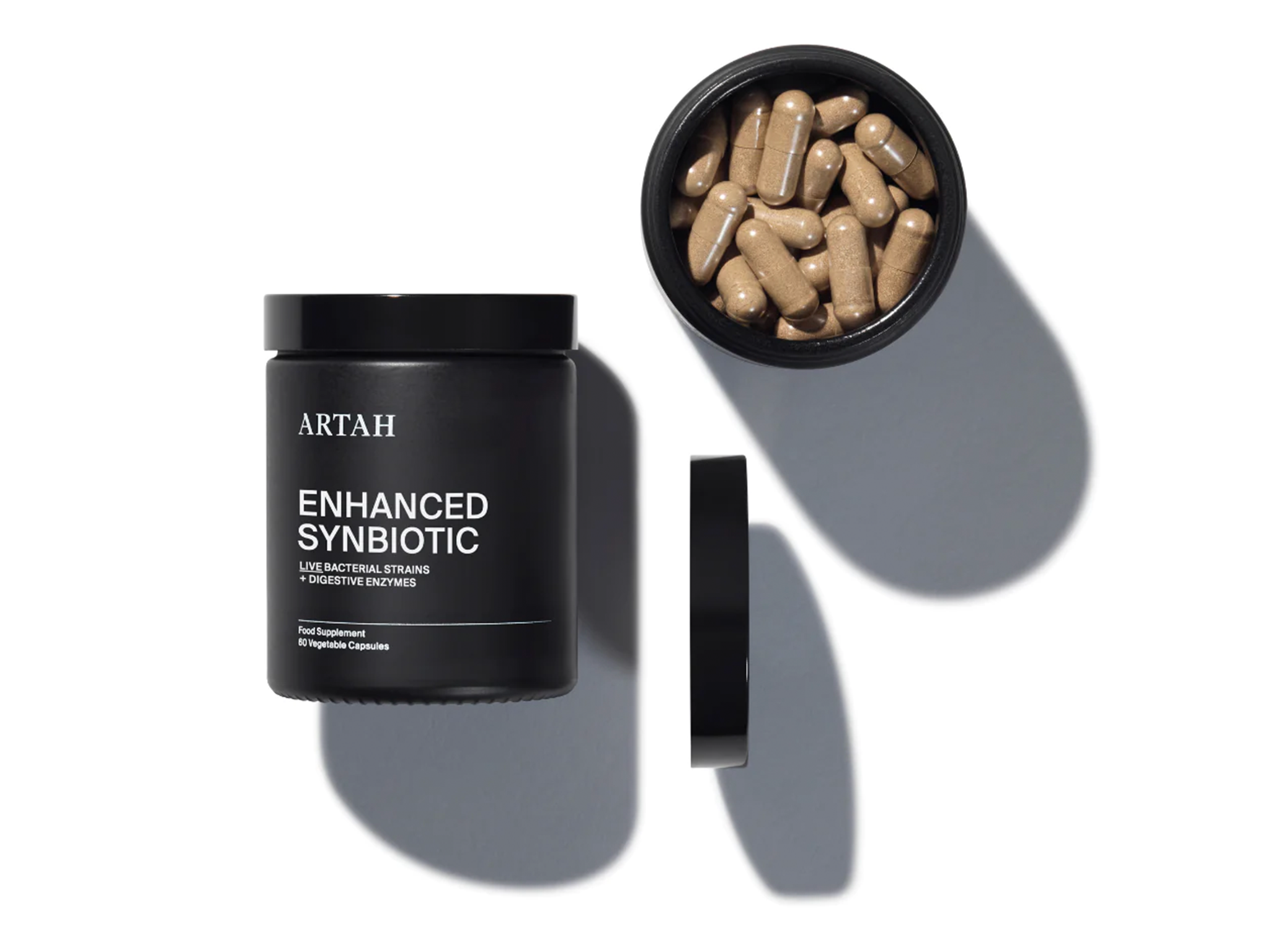
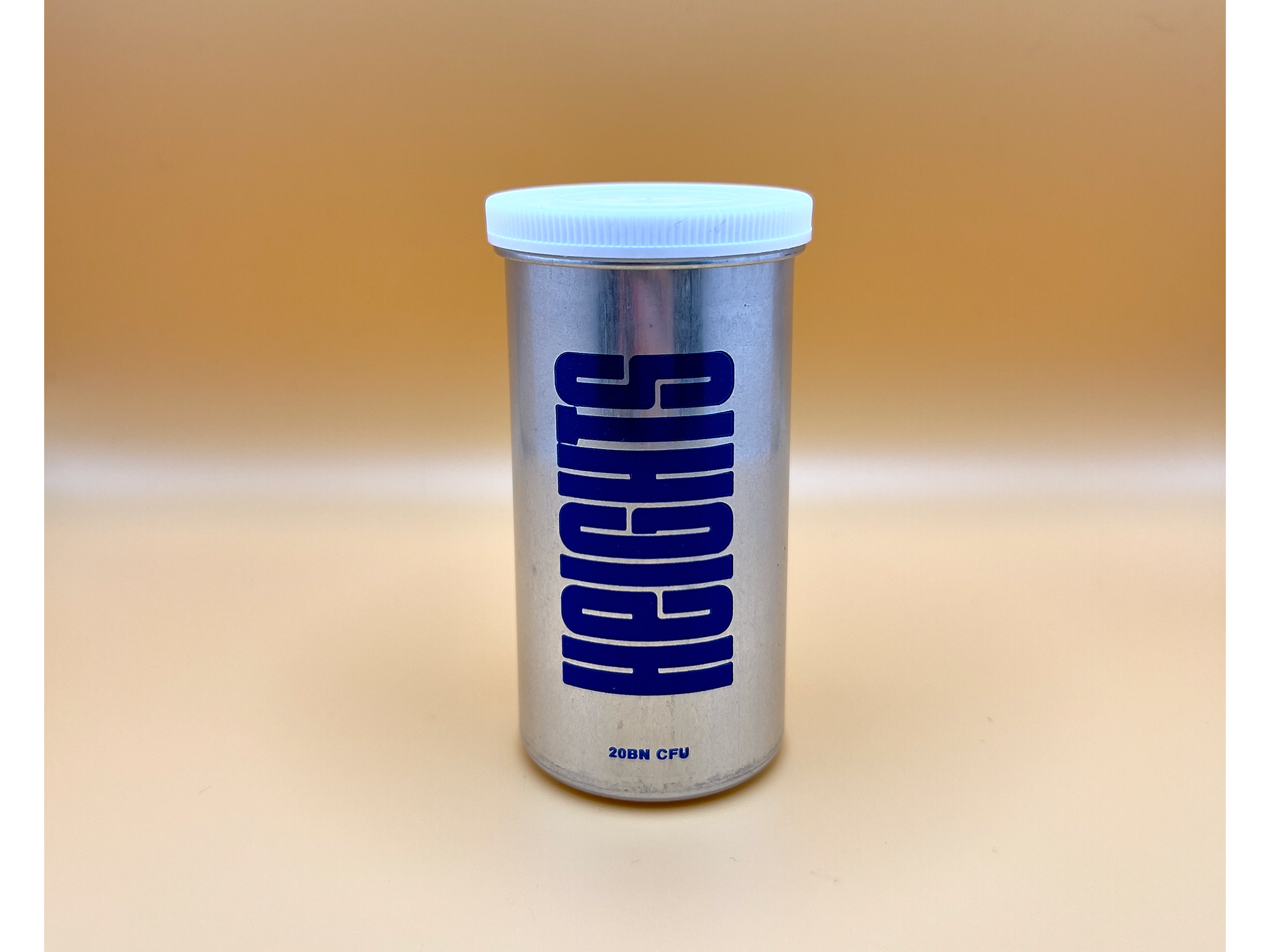
While your gut might not be able to solve Wordle puzzles and write love letters to your crush, there’s a reason why scientists refer to the gut as your second brain. The term gut feeling may only be a turn of phrase but it’s one based on a degree of fact.
There’s something that links the gastrointestinal tract and the brain. The gut-brain axis, as it’s called, is a two-way phone line between your gut and your brain, so any issues in your gut can affect the thing in your skull. Gut microbiota – the hundreds of species of bacteria living in our guts – have been shown to influence that connection, which can impact our physical and mental health.
In 2023, researchers from the Brigham and Women’s Hospital and the Harvard T.H. Chan School of Public Health found that people with suppressed emotions had a less diverse gut microbiome compared with other participants in the study, while certain species of bacteria were linked with experiencing more negative emotions.
In a separate study, researchers found that probiotic, prebiotic and symbiotic (those that combine both probiotics and prebiotics) supplements could help reduce the effects of some mental health problems such as anxiety and depression, as well as stress, sleep and even Alzheimer’s disease.
Probiotics have also been shown to influence the intestinal microbiota in positive ways, with different strains displaying different positive effects on the human body. “We’re at a stage now with probiotics where you can select specific probiotic products for specific purposes,” explains Sophie Medlin, a consultant dietitian and director at CityDietitians, who is one of the UK’s leading experts in gut health. “For example, there are strains that are great for constipation, strains that are great for bloating, but also strains that are good for your mental health, immunity and for reducing inflammation,” adds Medlin.
Medlin recommends speaking with a registered dietician if you’re looking to take gut health supplements to manage specific conditions. The potential benefit of probiotics is exciting, especially with consumer products now readily in stores. So without further ado, here’s our pick of the best probiotic and prebiotic supplements available right now.
How we tested the best probiotics
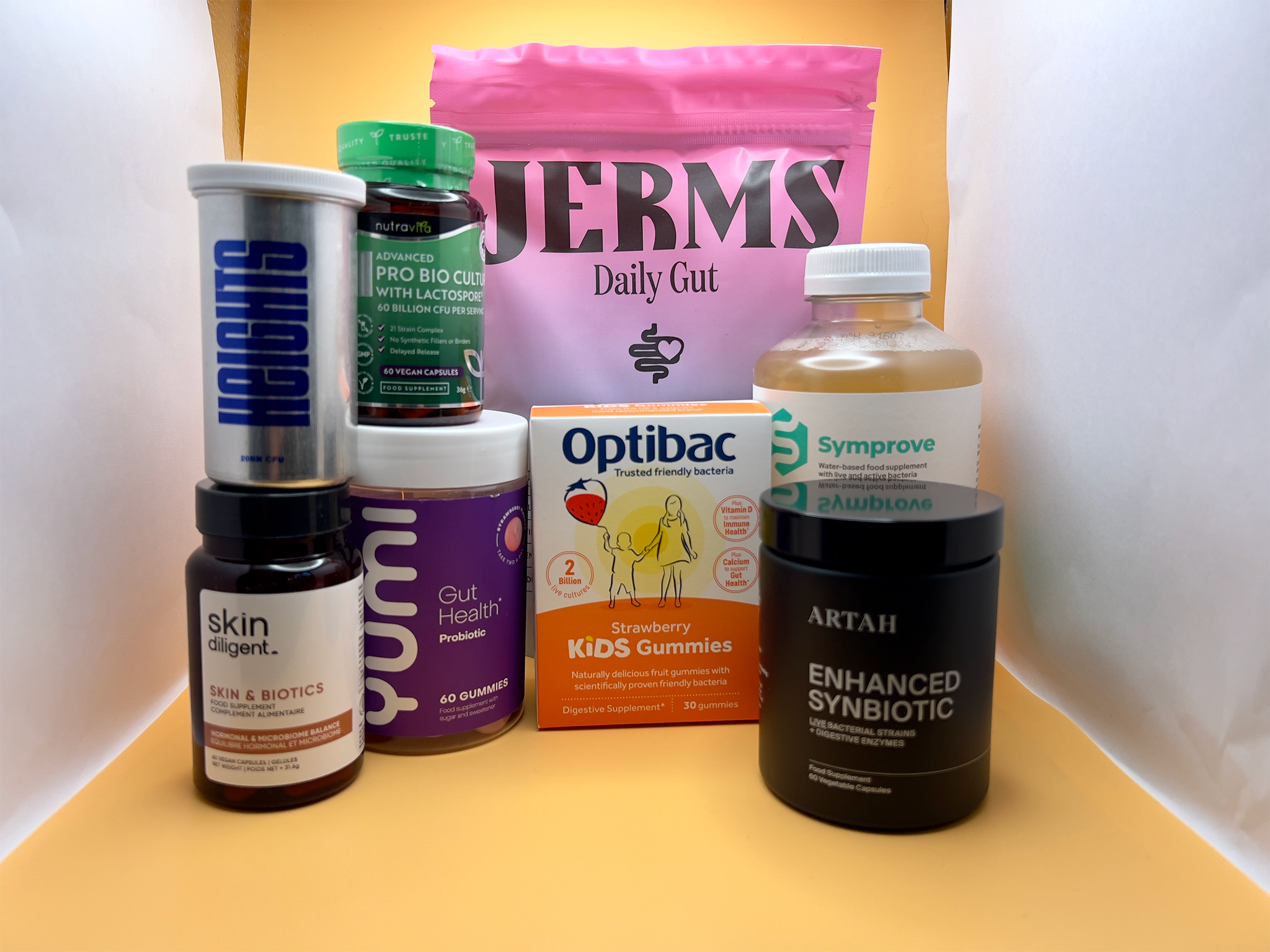
In the first instance, we consulted an expert (Sophie Medlin) to seek information and advice on what probiotics are, their role within the body and why they are beneficial to add to your diet. Beyond this, we searched for a range of gut health supplements for people at various stages of life, although, none of our testers had any pre-existing health problems they were looking to manage with probiotics or prebiotics. When trying the supplements, we paid attention to how they left us feeling and made note of any changes to our health and wellbeing.
We were especially looking to include probiotic supplements that featured a diverse variety of strains of bacteria, were easy to take and store, and were suited to various budgets.
The best probiotics for 2024 are:
- Best probiotic overall – Nutravita 60 billion CFU pro bio cultures complex: £18.04, Amazon.co.uk
- Best budget probiotic – Bio-Kult everyday gut, 60 capsules: £13.49, Amazon.co.uk
- Best probiotic for children – Optibac kids gummies, 30 gummies: £10.49, Amazon.co.uk
- Best liquid probiotic – Symprove daily essential: £39.99, Symprove.com
Nutravita 60 billion CFU pro bio cultures complex, 60 capsules

- Best: Probiotic supplement overall
- Supplement type: Capsules
- Number of days’ supply: 30
- Vegan: Yes
- CFU count: 60 billion
- Number of bacteria strains: 21
- Why we love it
- Excellent value for money
- Diverse strains and high potency
- Take note
- Plastic bottle
Packed with an impressive 21 different strains of bacteria and delivering an enormous 60 billion CFU (colony-forming units) per daily dose, this potent probiotic supplement is a big hitter, and at a reasonable price. The capsules themselves are easy to swallow, and the pill bottle can be stored in a cupboard without refrigeration.
Our tester took the recommended two pills a day and began feeling their digestion became noticeably more efficient within days. That manifested as more frequent and easier pooping, with no wind or stomach bloating. The positive results mean our tester is keen to carry on taking the supplement.
We especially liked that this supplement contains clinically studied bacteria strains, such as Bacillus coagulans, Lactobacillus acidophilus and Bifidobacterium infantis. Plus, it’s gluten-free and suitable for vegans, making it a good choice for most people looking to boost their gut health.
Bio-Kult everyday gut, 30 capsules

- Best: Budget probiotics
- Supplement type: Capsules
- Number of days’ supply: Up to 60
- Vegan: No
- CFU count: 2 billion
- Number of bacteria strains: 14
- Why we love it
- Can be taken with antibiotics
- Suitable for all the family
- Take note
- Not suitable for vegans
As with most things in life, consistency is key when taking care of your gut health, so, you’ll need a supplement that fits in with your monthly budget. Enter: Bio-Kult everyday gut – a more budget-friendly options, compared with some other brands.
Adults can take up to four capsules each day, while children can take up to two. However, our tester found there were benefits even when taking just one capsule a day. This is likely because this award-winning supplement has been scientifically developed and contains 14 different live bacteria strains, with each capsule containing 2 billion live bacterial micro-organisms for your gut.
If you’re taking Bio-Kult while travelling or on a course of antibiotics, a higher dose of four capsules is likely to be more effective for a short while.
Vida Glow gut pro

- Best: Gut health supplement for women
- Supplement type : Capsules
- Number of days supply : 30
- Vegan: Yes
- CFU count: 6 billion
- Number of bacteria strains : Three
- Why we love it
- Designed specifically for women
- Contains medicinal herbs to promote digestion
- Take note
- Best taken 30 minutes before your first meal of the day
- Not suitable for pregnant or breastfeeding women or people with a corn allergy
We are all aware of the friendly bacteria in our gut, but did you know that women also have a vaginal microbiome? A healthy vaginal microbiome is dominated by Lactobacillus. These bacteria are known to create an antimicrobial environment and a loss in them can lead to conditions such as bacterial vaginosis and its associated diseases.
Vida Glow’s gut pro has been specifically developed with that in mind. Each one-a-day capsule holds 6 billionCFU of threeLactobacillus species – Lactobacillus plantarum, Lactobacillus rhamnosusand Lactobacillus reuteri– to nourish gut flora and support intimate health.
Besides probiotics, the supplement also includes the medicinal herbs ginger and gentiana lutea to improve digestion and relieve bloating, making this a good all-rounder for women. It is, however, among the pricier options included in our roundup, working out at £1 a day, but subscribing shaves almost £5 off the monthly price.
myota prebiotic blend

- Best: Prebiotic powder
- Supplement type: Powder
- Number of days supply: 30
- Vegan: Yes
- CFU count: n/a
- Number of bacteria strains : n/a
- Why we love it
- Easy to take
- Delicious flavour
- Take note
- Start steady to allow your body to adjust to increase in fibre
Populating our gut with healthy bacteria is great, but those microbes need to be fed in order to thrive. That is where prebiotics come in. Myota’s flavoured prebiotic blends are science-backed supplements that are proven to improve gut health in clinical trials by providing 100 per cent of our daily prebiotic needs to nourish our intestinal microbiome.
Studies found that 93 per cent of people had more regular bowel movements, 80 per cent felt less bloated and 74 per cent had less tummy pain and cramping after three months of using myota supplements. Other benefits included lower cholesterol levels, reduced blood sugar spikes and improved stress, anxiety and mood scores. Impressive stuff.
The powders are also easy to take by dissolving a scoop in a glass of cold water. Our tester tried the blood orange and ginger flavour, and they loved the refreshing citrus taste and spicy warmth. At £30 for a month’s supply, this supplement is not the cheapest option in our roundup, but we think the level of scientific backing makes myota well worth the price.
Myvitamins gut gummies

- Best: Value-for-money probiotic gummies
- Supplement type : Gummies
- Number of days’ supply: 60
- Vegan: No
- CFU count: 1 billion
- Number of bacteria strains: One
- Why we love it
- Easy way to take supplements
- Yummy fruity flavour
- Take note
- Not suitable for vegetarians and vegans
- Contains sweeteners
Some gummy supplements can be particularly pricey – it seems you sometimes have to pay for the convenience of taking vitamins and minerals in sweet form. But the one-a-day Myvitamins gut gummies cost less than £15 for a two-month supply, making them among the best value for money we’ve found.
The tasty and convenient mixed berry flavour gummies contain 1 billion live Bacillus coagulans cultures and a 40mg hit of vitamin C, which is 50 per cent of our daily recommended intake, for immune system support. Be aware that the recipe also includes beef gelatine, like many gummy sweets, so they are unsuitable for vegetarians and vegans.
Symprove daily essential, one month’s supply

- Best: Liquid probiotics
- Supplement type: Liquid
- Number of days’ supply: One month
- Vegan: Yes
- CFU count: 10 billion
- Number of bacteria strains: 4
- Why we love it
- Science-backed supplement
- Perfect for people who dislike swallowing capsules
- Take note
- The taste of the original takes some getting used to
- Costly but better value for money if bought on a subscription
Symprove is among the few gut health supplements to have been studied in a clinical trial. Research in 2019 gave people with certain gastrointestinal diseases either Symprove or a placebo over four weeks, to measure the supplement’s efficacy in reducing the symptoms of the conditions. The study found that Symprove reduced intestinal inflammation in people with ulcerative colitis and was well tolerated.
Symprove is a water-based supplement – the brand says this is what helps the bacteria reach the gut alive – and is taken as a 70ml shot each morning, 10 minutes before eating or drinking anything. Once a bottle is opened, this supplement needs to be stored in the fridge and used within 10 days.
Our tester had no gut health problems but found that taking the liquid supplement had a “soothing” effect on their digestive system and reduced bloating. They tested the original flavour, which wasn’t unpleasant but did take some getting used to. There are also strawberry and raspberry, and mango and passionfruit flavours available, which may be more appealing.
Jerms daily gut, 30 daily servings

- Best: Powder probiotic
- Supplement type: Powder
- Number of days' supply: 30
- Vegan: Yes
- CFU count: 10 billion
- Number of bacteria strains: 1
- Why we love it
- Much more than a probiotic supplement
- 100 per cent natural ingredients
- Great for people who dislike swallowing capsules
- Low fodmap
- Take note
- Single-strain supplement
If all-natural food supplements are your thing, Jerms is well worth checking out. This junk-free product might be called daily gut, but it’s a lot more than a probiotic supplement alone, as it also contains prebiotics, digestive enzymes and organic superfoods, such as flaxseed, ginger root, turmeric and lemon balm. Also in the mix is organic marine calcium from seaweed, which is said to help our bodies break down and successfully absorb food while providing 50 per cent of the daily recommended amount of calcium.
We tested Jerms by adding a teaspoon of the flavourless powder to our daily protein shake each morning – it has to be mixed with cold drinks or foods because high temperatures can kill the live bacteria. We liked how easily it fitted into our routine and, best of all, we soon noticed a “lighter” feeling, most probably from improved digestion.
Jerms is suitable for vegans, those avoiding fodmap foods and people with allergies. We particularly liked that it’s made in a dedicated allergen-free facility, for total peace of mind.
Yumi gut health probiotic, 60 gummies

- Best: Probiotic gummies
- Supplement type: Gummies
- Number of days' supply: 30
- Vegan: Yes
- CFU count: 1 billion
- Number of bacteria strains: 2
- Why we love it
- Tasty
- Super convenient and enjoyable to take
- Good value for money
- Contains calcium
- Take note
- May take a few days for gut to adjust
Strawberry yoghurt gummies that taste like sweets, provide 30 per cent of our daily calcium needs and deliver 1 billion CFU of two widely studied strains of bacteria (Lactobacillus paracasei and Lactobacillus salivarius) to the gut? Yes, please!
This probiotic could not be simpler to take and store: just chew on two gummies a day. With no refrigeration needed, we think this would be an ideal gut health supplement to take with you while travelling.
Our tester loved the flavour of the vegan, gluten-free gummies and quite looked forward to taking their two a day. This supplement did, however, take a couple of days to get used to, as our tester found they had quite a bit of gas. However, this soon passed and they noticed they were pooping more regularly without changing their diet.
Optibac kids gummies, 30 gummies

- Best: Probiotics for children
- Supplement type: Gummies
- Number of days' supply: 30
- Vegan: Yes
- CFU count: 2 billion
- Number of bacteria strains: 1
- Why we love it
- Delicious gummies perfect for little ones
- Features bacteria strain studied in children
- Contains prebiotics, calcium and vitamin D
- No added sugars
- Plastic-free packaging
- Take note
- Not suitable for under-threes
Getting children to take supplements can be challenging, to say the least, but our six-year-old tester practically begged to take their daily Optibac kids gummy during our trial. They said the flavour (strawberry) was yummy, while their parents were delighted they had found a supplement that could boost their little one’s gut health.
They were especially confident in giving their child this supplement because the bacteria strain it includes – Bacillus coagulans Unique IS-2 – is among the most studied in children. One study even found that it provided relief to children with irritable bowel syndrome.
But there is plenty more to like about Optibac kids gummies, not least that they also provide 100 per cent of a child’s daily recommended vitamin D intake and 15 per cent of their calcium needs. The supplement is also planet-friendly, thanks to its plastic-free packaging, and it’s also purse-friendly at £12 a month.
Skin Diligent skin and biotics, 60 capsules

- Best: Probiotic for clearing skin
- Supplement type: Capsules
- Number of days' supply: 30
- Vegan: Yes
- CFU count: 8 billion
- Number of bacteria strains: 4
- Why we love it
- Eco-friendly packaging
- Said to balance hormones and support skin health
- Packed with other vitamins and minerals
Skin Diligent’s skin and biotics is the result of four years of research and has been designed to support gut health, hormone balance and skin health. The supplement combines four strains of Lactobacillus bacteria with a host of other vitamins and minerals – including vitamins D3, C, E and Bs, pectin, magnesium and zinc – for a robust daily microbiome-balancing treatment.
Our 60-year-old tester found the two capsules each morning easy to take, but the need to avoid tea or coffee for up to 40 minutes was a little harder. They reported feeling “brighter”, with a general sense of well-being, and better sleep with daily use. However, they also noted they’d need to take the supplement longer to notice a real difference in the condition of their skin.
Skin Diligent recommends a three-month course (£105.30, Skindiligent.com) of the supplement, then a one- to two-month break before resuming the treatment for another three months. You can also buy a single month’s supply (£39, Skindiligent.com).
Artah enhanced synbiotic, 60 capsules

- Best: For use with antibiotics
- Supplement type: Capsules
- Number of days' supply: 30-60
- Vegan: Yes
- CFU count: 8 billion if taking one a day
- Number of bacteria strains: 11
- Why we love it
- Combines prebiotics, probiotics and digestive enzymes
- Can be taken with antibiotics to replenish gut bacteria
- Refillable to reduce carbon footprint
- Take note
- Only suitable for over-16s
Taking antibiotics can help our bodies fend off infections, but they do little good to the helpful bacteria living in our gut. Luckily, Artah enhanced synbiotic is safe for use with antibiotics – just take the supplement two hours either side of your prescribed medication, to give your gut microbiota a fighting chance.
Among the 11 strains of clinically studied bacteria strains are those that are said to boost mental, sexual, metabolic, immune, skin and digestive health, while digestive enzymes, such as amylase and lipase, can help our bodies break down and absorb nutrients in the food we eat.
Our tester started off with a one-a-day dose of Artah enhanced synbiotic, then upped that to two capsules a day. Before long, they reported a noticeable reduction in bloating and a more comfortable feeling in their stomach.
Heights biotic + , 30 capsules

- Best: Vegan probiotics
- Supplement type: Capsules
- Number of days' supply: 30
- Vegan: Yes
- CFU count: 20 billion
- Number of bacteria strains: 7
- Why we love it
- Clinically studied bacteria strains
- Proven to allow bacteria to reach gut alive
- Contains zinc
- Take note
- Costly but better value for money with a subscription
Claims about the bacteria in probiotics reaching the gut alive are not new, but Heights has backed up the claim with a study. The results of the third-party research found that most of the bacteria in its Smart probiotic do indeed reach the colon alive, where it can do its job. That’s said to be because of its delayed release capsule that breaks down nine times slower than those from some of its competitors. Impressive stuff.
Besides the scientific backing, our tester liked that the supplement was convenient to take, because there’s no particular time when it needs to be taken. Plus, it can be taken with or without food. Our tester is vegan, so was thrilled that such a supplement was suitable for their lifestyle. Plus, they noticed an almost immediate reduction in bloating.
The Nue Co prebiotic and probiotic supplement, 60 capsules

- Best: Synbiotic
- Supplement type: Capsules
- Number of days' supply: 30
- Vegan: Yes
- CFU count: 100 billion
- Number of bacteria strains: 1
- Why we love it
- Combines both probiotics with prebiotics
- Refillable to reduce carbon footprint
- Take note
- Pricey but better value with a subscription
Jules Miller, one of The Nue Co’s co-founders, has irritable bowel syndrome (IBS), so it’s hardly surprising the brand knows its stuff when it comes to gut health. This supplement, which delivers probiotics and prebiotic inulin fibre from Jerusalem artichoke root, was developed specifically for people with IBS but is also great for everyone.
It’s slightly unusual because it contains spores instead of the typical live bacteria, and that means the 15 billion spores per dose don’t start working until they reach your small intestine. This is meant to give them a better chance of survival as they move through your body. Our tester has become a regular user of prebiotics and probiotics because of the comfortable feeling they get when taking the supplement, which they think is from improved digestion.
Simone Thomas Wellness everyday wellness, 60 capsules

- Best: Probiotic for pregnancy
- Supplement type: Capsules
- Number of days' supply: 30
- Vegan: Yes
- CFU count: 20 billion
- Number of bacteria strains: 6
- Why we love it
- Suitable for use during pregnancy and for people with IBS/IBD
- Recyclable packaging
- Take note
- Costly but better value for money with a subscription
There are many supplements designed for use before, during and in the weeks after pregnancy, but this one can be a lifelong part of your gut health routine, because it’s safe to take at any time of life.
Take two acid-resistant capsules on an empty stomach each morning for a gut-loving 20 billion CFU hit of six different bacteria strains, plus 40mg of prebiotic fructooligosaccharides.
We love that this high-quality supplement comes in recyclable packaging and is certified vegan and cruelty-free. It’s among the pricier options, but there is a 20 per cent saving to be had for regular users who subscribe.
Solgar ultibio immune vegetable capsules, 30 capsules

- Best: Gut supplement for winter
- Supplement type: Capsules
- Number of days' supply: 30
- Vegan: Yes
- CFU count: 1 billion
- Number of bacteria strains: 2
- Why we love it
- Provides vitamins A, D and B12 as well as probiotics
The UK government recommends everyone consider taking a daily vitamin D supplement throughout autumn and winter, and this supplement gives you both that and gut health-boosting probiotics to help you kill two birds with one stone.
Each one-a-day capsule contains 1 billion CFU from clinically studied bacteria strains, including two that have been shown to balance and support the immune system. There are also added vitamins A and B12, which are both linked to boosting our natural defences.
We tested this supplement during spring and summer, so we can’t vouch for its ability to ward off colds and flu, but we were happy with the improvements we noticed in gut health, including a more settled tummy.
Probiotic FAQs
What to look for in a probiotic supplement
Experts recommend choosing probiotic products with at least 1 billion colony-forming units (CFU) per daily dose. Research has shown some strains to be more effective than others for treating certain conditions, so it’s best to choose a probiotic that will achieve the specific effects you want, to ensure the product you choose is suitable for your particular needs. It’s best to talk to a healthcare professional to get some advice about specific conditions.
What is the most effective probiotic?
Look for probiotic products that contain strains of Bifidobacterium, Lactobacillus and Saccharomyces – all of which have been found to provide health benefits, from helping your gut to treating diarrhoea.
What is the best time to take probiotics?
While you can take your probiotic whenever you like, the advice suggests it should be taken on an empty stomach so the “good” or “friendly” bacteria can make their way to the gut as fast as possible, and at least 30 minutes before food. With this in mind, it’s probably best to take your supplement first thing in the morning, half an hour before breakfast. It is important to stay consistent with the time at which you take your supplement, so you can really see the benefits.
What are the benefits of prebiotic and probiotic supplements for your gut health?
Research has shown that prebiotics may be able to improve digestion and metabolism, as well as helping to regulate bowel movements. Additional benefits can also include improving calcium absorption and an increase in bone density. According to the NHS website, probiotics are thought to help restore the natural balance of bacteria in your gut (including your stomach and intestines).
How long do probiotics take to have a positive effect?
The speed at which you notice improvements when using probiotics depends on a range of factors, such as the age of the user, how often you take it and, of course, the product itself. Most people, however, are likely to notice positive effects on their digestion in one to two weeks.
Can probiotic supplements help with weight loss?
It’s important to note the purpose of probiotics is not to aid weight loss, and therefore should not be taken with that intent in mind. That being said, it's been shown that certain probiotics such as Lactobacillus strains may help people lose weight or body fat.
Which foods contain prebiotics?
There are many prebiotic foods that can help improve your overall body health as well as your gut microbiome. Examples of these foods include mushrooms, garlic, onions, cocoa powder, oats, flaxseeds, green veg such as asparagus and leeks, apples, nuts such as cashews and almonds, as well as many roots.
What is the difference between prebiotics and probiotics?
Probiotics are foods or supplements that contain live microorganisms that help to maintain or improve the “good” bacteria – otherwise known as normal microflora – in the body. Prebiotics, however, are typically high-fibre foods that act as food for microflora. A simple explanation is that probiotics are beneficial bacteria, and prebiotics are food for these bacteria.
The verdict: Probiotics
We love the Nutravita 60 billion CFU pro bio cultures complex because we think it gives us the best bang for our buck, which is why it’s our best buy. With such a diverse range of bacteria strains and a potent 60 billion CFU per daily dose, it holds its own even among the big guns with a much higher price tag, especially in terms of rapid positive results. For those looking for a high-quality synbiotic, we would recommend The Nue Co’s prebiotic + probiotic supplement, but maybe consider a subscription to make it more affordable.
Meet the expert
First working in hospitals where she specialised in gastrointestinal diseases, before lecturing at King’s College London, Sophie Medlin is a dietitian and the chair of the British Dietetic Association for London. She specialises in managing conditions such as colorectal dysfunction, diverticular disease, IBS and polycystic ovarian syndrome and consults on product development for vitamins and probiotics.
Want to make mealtimes more nutritious? Read our round-up of the best healthy cookbooks
Voucher Codes







